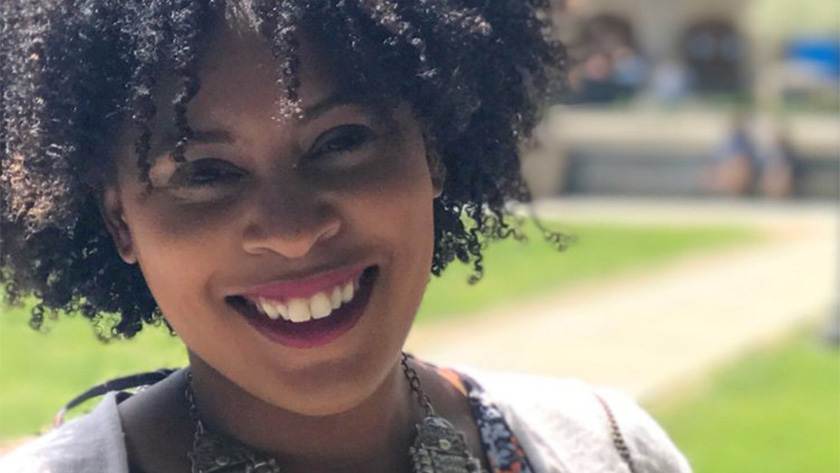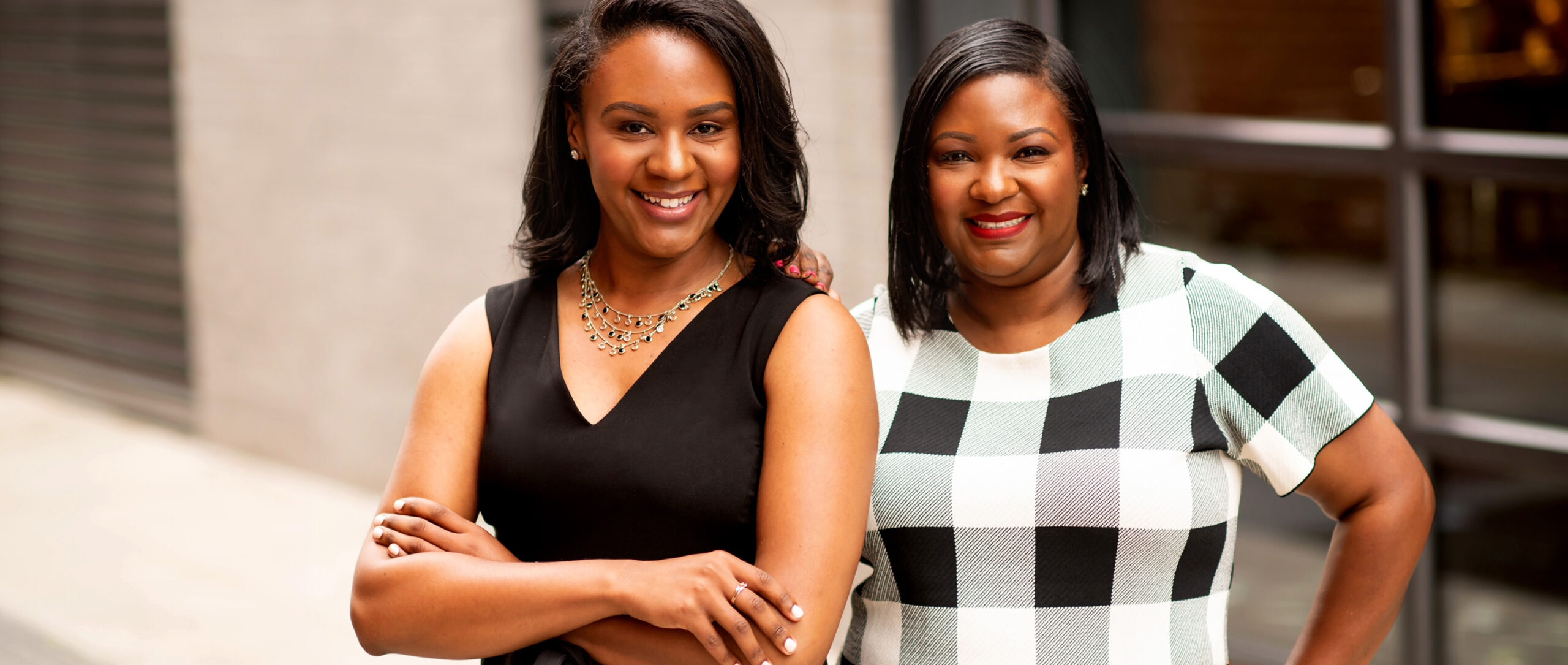Why Philanthropy Needs to Change the Way it Thinks About Proximity
In 2020, somewhere around 20 million people took to the streets in what researchers believe was the largest movement in U.S. history. During the summer of Black Lives Matter protests following the murders of George Floyd, Breonna Taylor, and countless other Black Americans, Black-led organizations received a surge in funding and support. The corporate sector alone pledged $50 billion to racial equity, which would be donated to social justice organizations, invested in communities of color, and used to support DEI initiatives and overhaul recruiting and training. One year later, according to one recent analysis, only $250 million—or half of one percent—has actually been deployed or committed to a specific initiative.
That’s a distressing update…but take heart, the momentum isn’t lost, it’s waiting for direction. The philanthropic sector can help surface the most promising solutions for racial equity, to ensure that funding gets deployed immediately.
The solutions are out there, we just need to know where to look.
If we’re going to seize this moment of opportunity to re-architect the systems that perpetuate injustice, then we need to examine and redesign the core beliefs and mental models by which we operate. We need to shift the way we think about expertise.
In the for-profit sector, especially for tech and consumer products, an early and valued step in the design process focuses on investing time, talent, and money to learn the preferences, culture, and aspirations of the target customer base. The most successful companies don’t simply study and observe target customers, they are guided by their insights and feedback as they adjust their products.
When it comes to addressing social issues though, we flip that practice on its head and cut communities and constituents out of the design process. We invest and behave as if those most impacted by the systems we want to change are not knowledgeable and trustworthy designers and decision makers. What would happen if we began to invest and believe in their expertise?
Proximate Leadership
In his book Just Mercy, Bryan Stevenson talks about how proximity is at the core of justice work. In stirring remarks at the 2018 Skoll World Forum and the 2020 Inclusive Impact Action Summit, Stevenson celebrated the power of people who have meaningful relationships with marginalized groups to see leverage points to fix broken systems like the criminal justice system. At New Profit, we support proximate leaders. Being a proximate leader is about much more than being exposed to or studying a group’s struggles; it’s about actually being a part of that group or being meaningfully guided by that group’s input, ideas, agendas, and assets.
The racial reckoning of the last year gave rise to an urgent call for philanthropy to increase support for Black proximate leaders. But we still need to drill deeper into why.
It’s not just because proximate leaders have historically been overlooked, though that fact is well-documented. According to New Profit’s research, organizations led by Black, Indigenous, and Latino/a/x leaders receive only an estimated 4 percent of total grants and contributions in the sector. That funding is largely small-dollar, short-term, and restricted, leaving these leaders with little room to innovate and grow.
What hasn’t yet been fully examined and studied is the expertise and efficacy of proximate leaders in driving social change, where their power comes from, and how the culture of philanthropy needs to shift to channel proximate expertise into breakthrough change.
Leaders who are proximate to the communities and issues they serve have the experience, relationships, data, and knowledge that are essential for developing solutions with measurable and sustainable impact. Proximate leaders also can recognize and leverage assets within communities that are often overlooked or misunderstood when viewed through a dominant culture lens.
A Closer Look at Proximate Leaders
For example, look at Ashley Edwards. Ashley was working as an administrator at a charter high school in Newark, New Jersey when she had the idea that would later evolve into MindRight Health, a platform that provides trauma-informed mental health coaching to youth via text message. Ashley’s lived experience with systemic racism and its impact on intergenerational trauma helped her see the students who needed help, even when they couldn’t ask for it.

She realized that the young people she worked with didn’t have access to reliable, affordable counseling services that meet them where they are — on their phones. Her deep understanding of the needs of youth in her community enabled her to design a more robust system of support. MindRight’s breakthrough idea is to reach out every day to provide proactive, preventative care in addition to just-in-time interventions during moments of crisis.
Similarly, when Teresa Y. Hodge and her daughter Laurin Leonard co-founded R3 Score, they relied on their own lived experience with mass incarceration. After serving a 70-month federal sentence, Teresa realized that due to advances in financial technology and big data, individuals living with criminal records are facing more-and-more significant barriers to financial inclusion. They organized a community to address barriers to capital for formerly incarcerated entrepreneurs and realized that small business lenders were interested in being intentional about inclusive lending and economic justice, but they lacked the data-driven tools to do anything about it. R3 Score is a financial analysis tool created to “derisk” lending to people with criminal records, offering more contextualized background reports and alternative credit scores that help demonstrate their strengths and capabilities.
How can we invest in the success of leaders like Ashley, Teresa, and Laurin? It takes more than money to spark and sustain systemic change. Believing in their expertise is the first step. We need to set an agenda for research to truly understand what makes proximate leaders successful and how we can replicate their success. And we need to create new communities of practice and provide capacity-building support that nurtures the potential of proximate leaders. To reimagine philanthropy and drive towards racial equity, we need to ground the movement in a deeper understanding of where the power in proximity lies and lift up the leaders with the greatest potential to transform inequitable systems.
banner image: Mother-daughter team Teresa Y. Hodge and Laurin Leonard co-founded R3 Score, a financial analysis tool that “derisks” lending to the 1-in-3 Americans living with a criminal history. (credit) R3 Score
Want more stories of transformational change on the world’s most pressing problems? Sign up for Skoll Foundation’s monthly newsletter.



